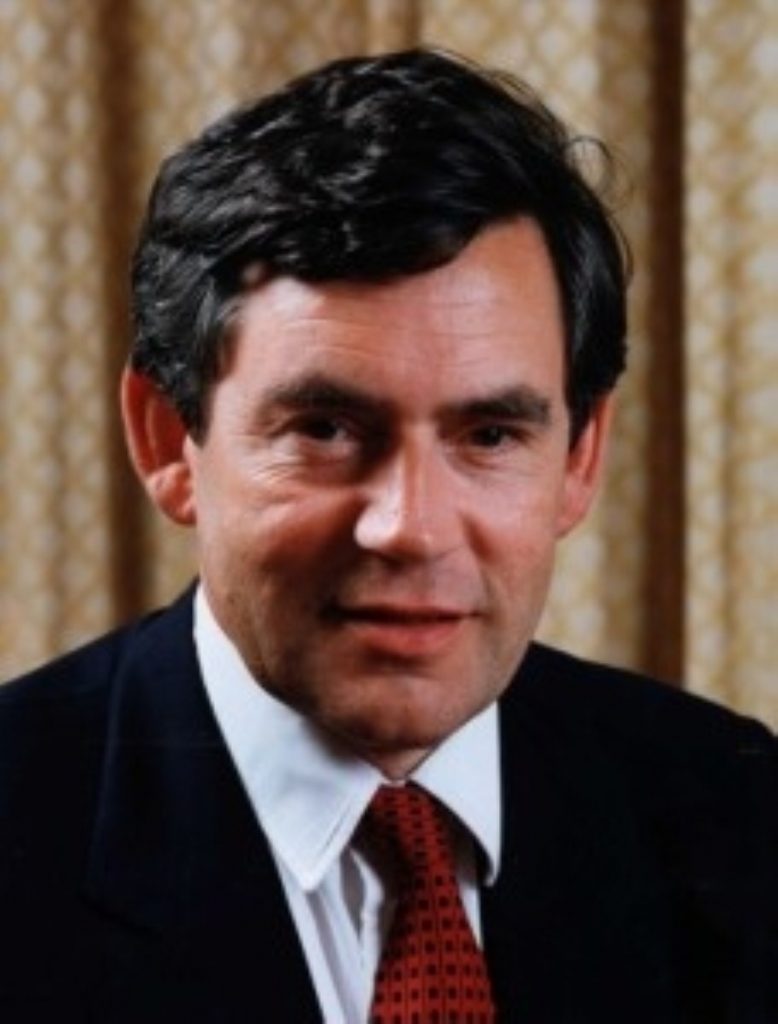Brown hints at eventual euro embrace
At the Confederation of British Industry annual dinner last night, Chancellor of the Exchequer Gordon Brown told business leaders that Britain would not join the single currency until the five economic tests were met and satisfied.
Some analysts have read much into the speech and consider that membership of the single currency in the short term, before the next general election at least, appears decidedly unlikely.
Neither political dogmatism nor personal ambition would compel Britain to embrace euro, he said.
Mr. Brown will disclose the Treasury’s long-awaited assessment of the five economic tests on June 9. If the Chancellor gives the nod, British people will be given the chance to express themselves in a referendum on the issue. But the timing will be crucial.


Mr. Brown told business leaders the choice was simple: ‘If the economics are not right, we should not (join).’
‘We will reject the view of those who would rule out membership of the single currency even if it were in the national economic interest to join.
‘Ruling out membership on grounds of dogma not economics would in my view be damaging for investment, jobs and business.
‘But we similarly reject those who would urge us to join irrespective of the rigorous assessment of the five tests that define the long-term national economic interest.’
Wedding Britain to the single currency was in the long term national interest, he insisted.
‘I believe that membership of the euro can bring clear benefits to Britain in trade, investment and growth – benefits to British business, consumers and jobs. And our assessment will set them out.’
And: ‘We can, I believe, persuade the British people not just to a half-hearted acquiescence in Europe but a wholehearted engagement with Europe,’ he said.
But he maintained that Labour would not repeat the errors of the past witnessed under Tory governments with their handling of the ERM debacle.
‘But I also know that to repeat the ERM mistake and take risks with stability is not in the national economic interest.
Mr. Brown also told the CBI that Britain was well placed to reconfigure Europe’s role in the global economy. A flexible EU would ‘step up the pace of economic reform’, he said.
Rejecting a protectionist agenda for the EU he said it could no longer be ‘a trade bloc sheltered from the rest of the world’ but must embrace globalisation.
Elsewhere, former cabinet minister Peter Mandelson has stirred up tensions between the PM and Gordon Brown by reportedly suggesting that not going for a referendum before the election would ‘do damage to the Government and the New Labour project, and inevitably therefore to the Prime Minister as well.’

